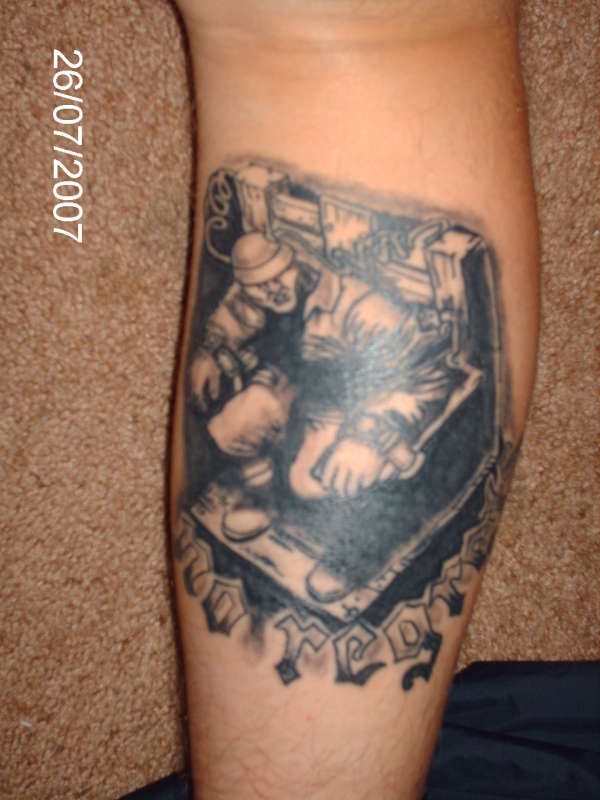

Ruby states: “I didn’t think any change was going to be enough in the end and I thought it was better to work on changing how I felt about myself, than changing my body. However, she changed her mind about transitioning to a male before she was scheduled to have surgery to remove her breasts. Medical News also tells the story of a woman named Ruby who had undergone testosterone therapy and lived as a male. One 21-year-old woman who reached out to Evans said gender reassignment did not help her gender dysphoria and that she has therefore also detransitioned. The number of young people seeking gender transition is at the highest it has ever been, but little is reported about how many of them regret the decision later, finding they are unhappy with their new gender.Įvans, who made her story public last year, says she is shocked by the number of people who have contacted her saying they have found themselves in a similar position to her…. They don’t know what their options are now.”
#Postal 4 no regret rate full
According to Charlie, “I’m in communication with 19- and 20-year-olds who have had full gender reassignment surgery who wish they hadn’t, and their dysphoria hasn’t been relieved, they don’t feel better for it. In a similar story by Medical News, Charlie Evans, a woman in the UK who detransitioned and stopped taking hormone therapy, has said that “hundreds” of people have contacted her since she made it public that she was detransitioning. Though this was still a fledgling group at the time of the article’s writing, “Eva noted that a Reddit forum for detransitioners … grew from 3,000 to over 16,000 members in just a few months.”

In October 2020, Eva began a group called Detrans Canada, which she hopes can help people who feel “ostracized” for their decision to detransition. According to the article: “Eva, now 24, is part of a controversial cohort known as detransitioners and desisters, transgender people who come to rethink their decision, often having already undergone drug and surgical treatments.” She states that she felt “misled” by both family members and doctors. Though she did not medically transition, she determined-as an adult-that she no longer wanted to live as a man. The pooled prevalence of regret after GAS was 1% (95% CI <1%–2%).” However, the article goes on to state that there was “high subjectivity in the assessment of regret and lack of standardized questionnaires, which highlight the importance of developing validated questionnaires in this population.”īut despite these low numbers and any possible issues with the format of the questionnaire, those who have lived life as a transgender male or female and who have detransitioned claim that the numbers are much higher and that people are afraid to speak out.įor instance, Eva is a woman who lived as a transgender male as a teenager. According to the article, “7928 transgender patients who underwent any type of were included. Other people cited family pressure and difficulty getting a job as reasons to detransition.Īuthors of a 2021 article in Plastic and Reconstructive Surgery conducted a systematic review of several databases to determine the rate of regret for those who had undergone surgery. Five percent of those who detransitioned realized that a gender transition was not what they wanted. Those who chose to revert cited a variety of reasons. Transgender men had a reversion rate of 4%. Transgender Survey (page 111)-the most recent available because of the pandemic-claims that 11% of female respondents reverted back to their original sex. We will look at some recent data and at some real-life stories to get a better picture of what happens when someone decides to alter his or her sex. Statistics vary on the numbers of people who regret having surgery to change from male to female or vice versa.


 0 kommentar(er)
0 kommentar(er)
